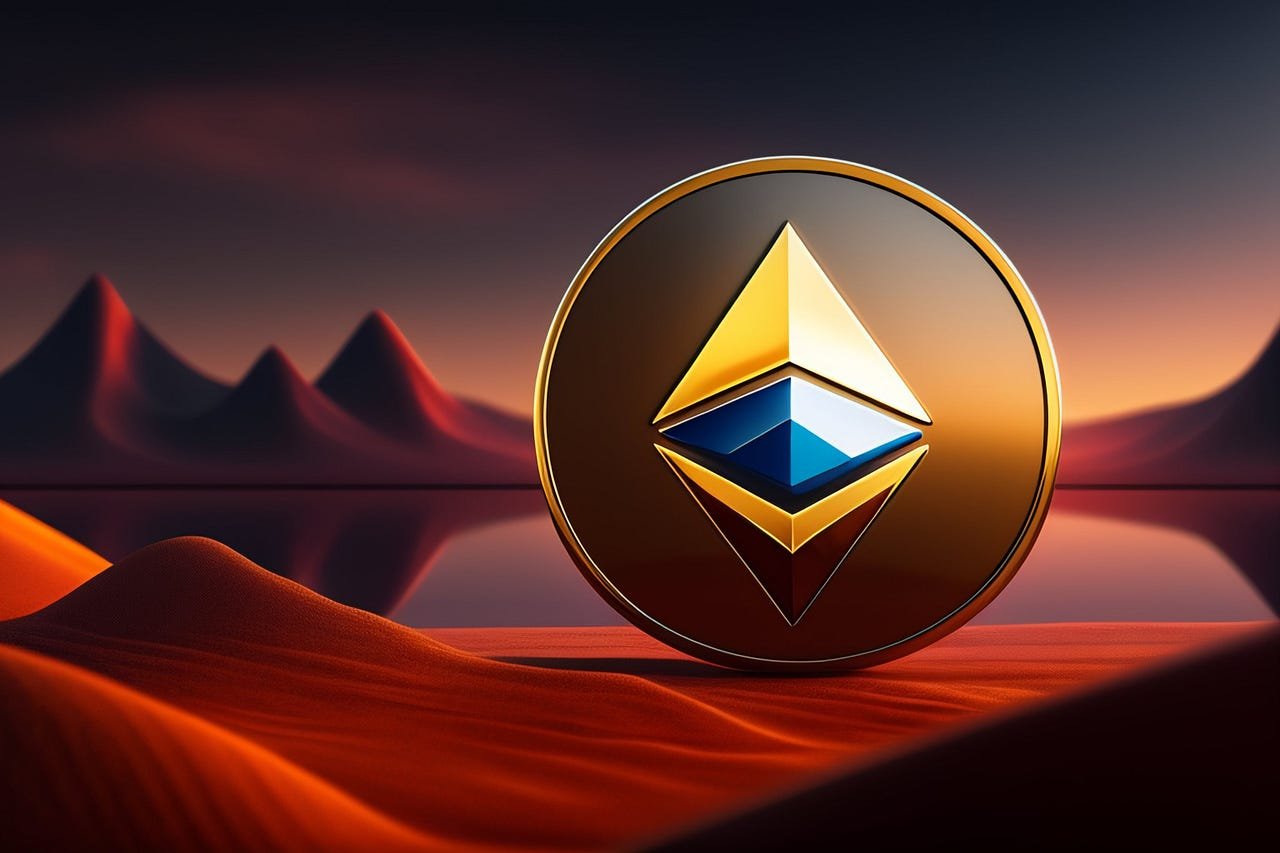Libra Association Vice-Chairman: Planned for European regulatory approval next year
A senior representative of Facebook-sponsored digital currency project Libra revealed that despite many concerns raised by EU finance ministers, the project is determined to get approval from European regulators next year.
"We have a lot of common concerns," said Dante Disparte, vice president and policy director of the Libra Association. But he added, "in many ways, the political sentiment towards the project is completely unfounded."

Disparte met with EU officials in Brussels this week and participated in an event at the European Parliament.
- One article takes you to understand the current status of the DAPP market
- The growth mode of capitalism destroys the ecological environment? Talking about the circular economy under the blockchain
- How does the Interplanetary File System (IPFS) decentralize the network?
In June this year, Facebook announced that it would launch a "stable currency" in 2020, a digital currency supported by "best performing independent currency", to provide users with a low-cost, fast payment method.
But since then, regulators and policymakers around the world have warned that the project poses a serious risk to financial stability and has expressed concerns about the currency sovereignty of countries.
Against this background, on Thursday, EU finance ministers agreed that "all options should be on the table, including any measures to prevent risks beyond the control of certain global 'stable coins'."
But Disparte confirmed that the Libra Association decided to obtain authorization next year.
"Our plans remain the same: our focus on 2020 does not mean that every country in the world is the same."
But he said Europe is definitely part of that goal.
Regulators are still assessing the opportunities and risks posed by "stable coins" such as Libra. Libra is a digital token backed by a basket of sovereign currencies and is considered less volatile than previous cryptocurrencies.
"From the beginning, we have always said that we want this project to be regulated," Disparte said, including rules for operational readiness, compliance and governance. This includes risk management, financial compliance, operational security issues and policies.
The home base of the Libra Association will be Switzerland, a country with a clear attitude towards stablecoins.
Libra's message to Europe is clear: "Don't drive fintech innovation out of the European market, because in the long run, this is not conducive to the region's economic competitiveness."
They demand the principle of "the same risks, the same rules" defended by European regulators.
Disparte says:
"If we are going to build a 21st-century payment network, then it should be regulated like any other payment network."
Worries and scandals undermine trust
But concerns over Libra stem from their main supporters. The scandals affecting Facebook, especially in the context of the Cambridge analysis, have undermined trust among social media, lawmakers and citizens around the world.
As a result, according to officials and sources close to the industry, the company does not appear to be suitable for handling a payment system that can be deployed directly to its 2.4 billion users worldwide and provides little information to regulators and related companies.
The European Commission has sent two questionnaires to learn more about the project. At the same time, about a quarter of the initial members of the Libra Association, such as Paypal, Visa, and MasterCard, withdrew from the project. Some explained that the Libra Association failed to clarify key aspects, including how to process the data.
Disparte says:
"There are concerns that are understandable."
But he believes that Libra should not be treated differently because other payment networks can also reach millions of consumers without destabilizing the market.
"I cannot change the fact that people may not like Libra's messenger (ie Facebook). But getting information is very important."
This information is to achieve inclusive finance.
Disparte responded by criticizing the project for being vague:
"You can ask any startup to see if they can answer the questions we receive that satisfy the world. It's not yet possible."
"I want to say, 'Judge us with the results after one year', judge us by our place and whether we are successful."
Three aspects of progress
In the next 6 to 9 months, the project will make progress in three areas: governance, technology and regulatory approval.
The organization currently has 21 members, but they want to build partnerships with a total of 100 companies.
Disparte said that every member of the association will have the same rights. "Facebook is in the same position as any non-profit organization or any other member of the project."
Matters concerning changes in a basket of currencies, code changes or technology improvements should be passed through the General Council and decided by an absolute majority of 66 members.
But the five-member board will be responsible for day-to-day affairs. It will be responsible for "operational actions" and empower executives. Facebook's David Marcus is a member of the board.
Hide the business model
Libra advocates see the project as a tool for financial inclusion.
The world is not doing enough to lower the barriers to entry in financial markets because "we are using tools designed 50 years ago to serve people in the 21st century," Disparte said.
About 1.7 billion people do not have a bank account. At present 1.3 billion people do not have access to financial institutions, but 1 billion of them have mobile phones with Internet access.
Behind these numbers and selfless purposes is a business case.
"If you consider the market size, Libra represents an opportunity for market expansion, which can attract more people to use basic services and make mobile phones a payment terminal."
The most obvious application is remittances, which have a transaction value of 700 billion U.S. dollars a year and the average cost is about 7%.
Disparte said: "We believe that our fees can be significantly lower than the 3% target." This is in line with the UN's development goals.
In addition, the association does not intend to provide customers with direct choices, but rather establishes an institutional framework and a global payment network where companies can provide their own digital wallets.
"This plan, at least in design principles, at the level of the association, is to build a network that can support these peer-to-peer payments at near-free or near-zero costs."
Companies operating in the Libra ecosystem will decide what additional services they provide and how they will be charged.
The Awakening of the Central Bank
Libra's arrival has also sounded a wake-up call for the central bank, as their currency sovereignty is at stake. The European Central Bank (ECB) and some other central banks are exploring the feasibility of launching their own stablecoins. "This is a brilliant idea."
Disparte added:
"The 'Libra effect' has been forcing people to think long and hard: what should innovation look like if we want to better serve our citizens in the 21st century."
But he added that central banks are trying to support a large-scale service to connect central banks and banking systems "more effectively".
"They didn't really consider the application of these technologies at the ordinary household level. Frankly, this is where we will have the biggest impact."
We will continue to update Blocking; if you have any questions or suggestions, please contact us!
Was this article helpful?
93 out of 132 found this helpful
Related articles
- Getting Started with Blockchain | 42 Most Frequently Asked Questions and Answers About Blockchain
- Bitcoin cash double payment statistics triggers zero confirmation dispute
- Babbitt Column | Analysis of different types of token supervision
- A picture to understand the blockchain App security system
- "Farewell Hayek": Conjecture on the Development Space of STO in China
- How to seize the breakthrough of the blockchain overpass? Experts and experienced practitioners give answers
- Hainan sets up digital asset trading test area, STO falling from the altar may usher in the biggest turning point






